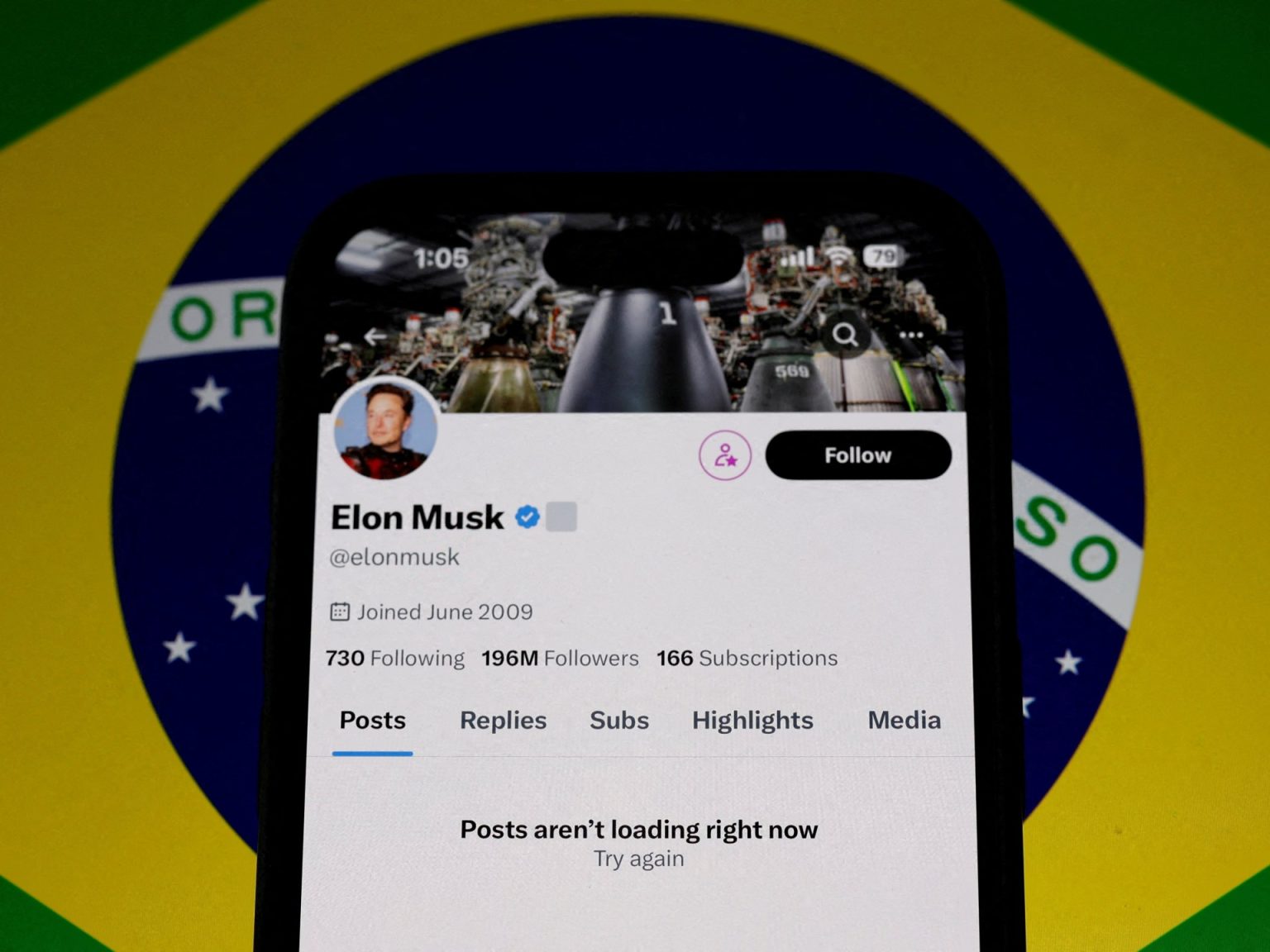Elon Musk’s social media platform X has been banned by the Brazilian Supreme Court, making the app inaccessible to the 212 million users in the country. This decision was made after X failed to appoint a legal representative in Brazil, a requirement for foreign companies operating in the country. Supreme Court Justice Alexandre de Moraes set a deadline for X to comply with this requirement, but when Musk did not do so, the ban was enforced. Musk responded by calling de Moraes “an evil dictator”, sparking a heated exchange between the two.
This is not the first time X has been banned by a country. China was the first to ban the platform in 2009, followed by Iran, North Korea, Myanmar, Turkey, Venezuela, Pakistan, Ethiopia, and Australia. Each ban was imposed for different reasons, ranging from control of information, national security concerns, to compliance with local laws. Banning X has often led to disputes between authorities and Musk, who has been vocal in opposing such restrictions on his platform.
The approach of X under Musk’s leadership has been different from previous owners. Musk’s impulsive decision-making and disregard for local laws have led to clashes with authorities in various countries. While previous owners like Jack Dorsey have often complied with local laws and regulations, Musk’s approach has been more confrontational. This has led to bans in several countries and ongoing legal battles over censorship and compliance with local regulations.
X has been in the spotlight for various instances of content moderation, including blocking accounts critical of governments, spreading misinformation, and inciting violence. In countries like India, the platform was ordered to block accounts critical of the government, while in the United States, posts related to political controversies were censored. These instances have raised questions about social media platforms’ role in limiting free speech and their power to shape public conversations.
The ban on X in Brazil has sparked a debate about the platform’s responsibility to comply with local laws and regulations. Musk’s refusal to appoint a legal representative in the country has led to the ban, highlighting the challenges faced by social media platforms operating globally. As the platform continues to face bans and legal challenges in different countries, the role of social media companies in regulating content and complying with local laws remains a contentious issue.
Overall, the ban on X in Brazil and other countries reflects a broader debate about the power and accountability of social media platforms. While platforms like X have revolutionized communication and information sharing, they also face scrutiny over the impact of their content on society. As Musk and other tech leaders navigate these challenges, the future of social media regulation and freedom of expression remains uncertain.













